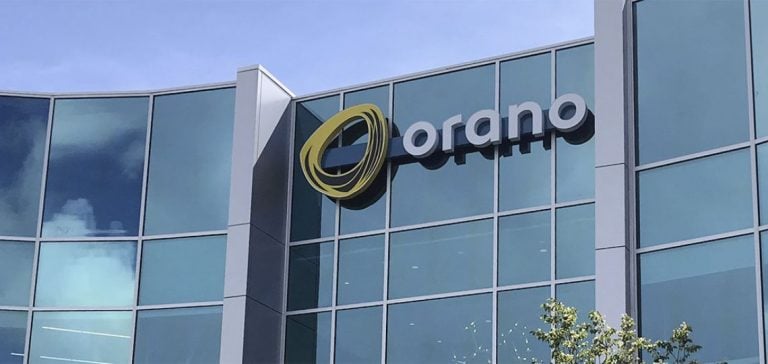Orano, a leader in nuclear material management, recently announced the creation of two sharing groups specifically dedicated to the development of fuels for fast neutron reactors. These groups, open to all designers of this type of reactor, aim to address the needs of the nuclear industry in France.
Advanced modular reactors (AMRs) and small modular reactors (SMRs) are presented by Orano as flexible and safe energy solutions, capable of addressing tomorrow’s energy challenges. Among these reactors, some are designed to use recycled fuels, such as MOX (mixed-oxide) or molten salt fuels. These characteristics allow not only for a sustainable use of resources but also for a significant reduction in nuclear waste.
Two groups for two technologies
The first sharing group, called FNR MOX, brings together Orano, Hexana, Newcleo, and Otrera. The main objective is to develop MOX fuel for fast neutron reactors (FNRs). This fuel, based on recycled plutonium, is a key element in the sustainable management of nuclear waste. This group will also work on logistics and the future processing of MOX at the La Hague site.
The second group, dedicated to molten salt reactors (MSR), brings together Orano, Naarea, Stellaria, and Thorizon. Their mission is to develop the necessary solutions for the production of liquid fuel used in these innovative reactors. This group will also focus on logistical solutions and the prospects for processing molten salts.
A collective effort for efficiency and resource optimization
Orano believes that this collaborative approach will enhance the efficiency of developments related to fast neutron reactors. By pooling the efforts of start-ups and optimizing costs, these groups will accelerate the development of key technologies for the energy future.
These initiatives are part of the France 2030 investment plan, which aims to promote innovation in the nuclear sector and position France as a global leader in energy innovation. The collaborations already established with Stellaria and Thorizon, under previous project calls, further strengthen these efforts.
A sustainable future for nuclear energy
Orano has a particular interest in reactors capable of running not only on plutonium from used fuels but also on minor actinides. These elements, previously treated as vitrified waste, could now be recycled, increasing the recovery of nuclear materials.
According to Stefano Buono, CEO of Newcleo, the development of these fuels for fast reactors represents a major advancement in nuclear waste management and sector sustainability. This collaboration with Orano and other key industry players aims to close the nuclear fuel cycle and promote a circular economy in energy.





















